Food: A Basic Human Right: What does it mean at the farm and for you?
I recently had the privilege of being nominated to apply for the John Kinsman Beginning Farmer Food Sovereignty Prize through Family Farm Defenders. John, at 87 recently passed on from this world though his legacy continues. He has literally touched the lives of thousands of people as a grassroots pioneer of organic sustainable agriculture and globe trotting advocate of food sovereignty for decades. Rob and I also had the privilege of knowing and having John as a farm neighbor in our rural La Valle, Wisconsin foodshed. His presence will be sorely missed.
Whether or not our farm receives the award or not is moot. The application process was invigorating and thought provoking in thinking about food sovereignty and where our farm fits in the current and future story of realizing sustainable, local food sheds at home and abroad.
The topic of food sovereignty is also timely for us. We’re in the midst of reaching out to our current and new CSA (Community Supported Agriculture) members and we think it’s important for people to choose their farmers not only on the basis of what they grow, but also how they view the work they’re doing in the world. So we thought we’d take a moment to share where food sovereignty fits into our farm and community.
This is the first in several stories/blog postings to highlight the seven principles of food sovereignty. This is also the first in a series of what I hope will prompt questions and story sharing from your own experiences and attempts to transform food insecurity and scarcity in much of the world, to one of sustainable abundance.
O.k. So what exactly is food sovereignty?
"Food sovereignty", a term coined by members of Via Campesinain 1996,[1] asserts the right of people to define their own food systems. Advocates of food sovereignty put the individuals who produce, distribute and consume food at the center of decisions on food systems and policies, rather than the corporations and market institutions they believe have come to dominate the global food system.
typical seasonal, CSA share for August in Wisconsin. Food means it is safe, nutritious, culturally appropriate and grown with love and care for community, the earth alongside the ability for the grower to earn a fair wage.
“Everyone must have access to safe, nutritious and culturally appropriate food in sufficient quantity and quality to sustain a healthy life with full human dignity. Each nation should declare that access to food is a constitutional right and guarantee the development of the primary sector to ensure the concrete realization of this fundamental right.” from one of seven of Via Campesina’s Food Sovereignty principles.
On an orchard tour, contemplating currants and current happenings of agriculture at our farm. For us food sovereignty involves transparency in the market access and building a food system built on relationship and trust. Photo by Ian Aley
Our CSA subscribers provide the up-front financing for seed and other inputs each year which we would otherwise have to borrow from a bank, eliminating the interest-cost of production loans. By sharing in both the risks and rewards of the farm, our members get to experience the seasonality of food grownin Wisconsin, and we are edified and enriched by the experiences our members have in eating what we grow and participating in the farm. Because we know one another, we, the farmers, feel personally responsible for our members’ health and eating-enjoyment, and–as eaters – our members are able to know, see, and experience the place that provides their food. All in all, we find the CSA relationship extremely satisfying.
We’ve been able to market apples and pears to a local preserves business in Madison, WI, but for the rest of our fruit crops we are in the process of developing local marketing structures: through a multi-farm research collaboration to assess direct market options for unusual/unfamiliar fruits; by hosting tastings and our annual celebration, Currant Events and gleaning feedback from our CSA members, local growers, eaters, and chefs, who have participated in on-farm events and workshops. Based on this we’re testing a fruit market share and local farm ‘currantcy,’ with additional fruit available by the pint or pound to local customers.
We are also committed to supporting other CSA farms. Rob and I helped found FRESH (Farmers Raising Ecologically Sustainable Healthy Food), a local CSA marketing cooperative consisting largely of small-scale farms. We saw a need to support smaller growers, who are often best able to look after their soils, with a professional / marketing organization that would not require organic certification, which is simply too costly below a certain scale. Instead, FRESH employs a sustainability pledge (essentially organic methodology plus whole-farm practices) along with a transparency commitment from farmer to eater, putting the latter in a position to determine directly a farm’s worthiness, rather than rely on three external parties (farmer, certifier and government, with their disparate interests) to make the judgement. This seemed a more just, horizontal, direct and sustainable arrangement — principles which manifest as well in FRESH’s being a democratically organized cooperative.
We also see this as a means for encouraging and supporting a network of independently owned and operated farms spread throughout our different food and watersheds.We recognize that in Wisconsin we’re lucky, though we’re not immune from market volatilities.
So I am curious readers, what examples can you site that ensure people have the basic right and access to healthy, culturally appropriate, safe and nutritious food?
I look forward to hearing from you and learning more!
Typical late summer CSA share at Hilltop Community Farm, photo by Erin Schneider
Erin
For more information on Food Sovereignty check out the following websites (not an exhaustive list but some of our favorites):


